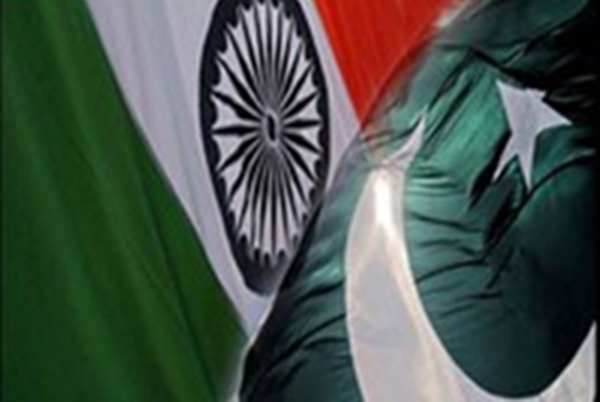Pak still has illegal occupation of parts of Kashmir, says India

- Country:
- Switzerland
India on Tuesday reminded the world community that Pakistan is in illegal occupation of parts of Indian state of Jammu and Kashmir, which needs to be addressed since people in those areas are suffering because of "systematic Army persecution" and denial of basic rights. India also raised the issue of persecution of minorities by Pakistan and atrocities on people in Balochistan, Sindh and Khyber Pakhtunkhwa, besides Pakistan-occupied Kashmir (PoK).
Exercising its right of reply to a Pakistani statement at a meeting of the UN Human Rights Council (UNHRC) here, India said Pakistan by ritual misuses the forum of the world body by engaging in malicious propaganda. "We deeply regret Pakistan’s misuse of the Council for its ritual of raking up malicious propaganda against India," Mini Kumam, First Secretary in the Permanent Mission of India to the United Nations said during the 40th Session of the UN Human Rights Council.
"India strongly rejects any attempt to revive the so-called motivated report of the OHCHR that reflected individual malice and prejudice," she added. "The matters that need to be addressed are Pakistan's illegal occupation of a part of the Indian State of Jammu and Kashmir and the continued suffering of the people of Pakistan Occupied Kashmir who are victims of sectarian conflict, systemic army persecution, violence, terrorism, extreme economic hardships, discriminatory policies and denial of even basic rights," she emphasised.
She noted that Jammu and Kashmir is an integral part of India and "Pakistan wrecked the UN resolutions by violating its own obligations to first vacate the territories under its control." Pakistan is reminded again, the Indian diplomat said, "that the principle of self-determination is applicable to colonial territories and can't be misused as an instrument to erode territorial integrity and sovereignty of any member state."
She said Pakistan's continued support to cross-border terrorism is "the main challenge to protecting the human rights of our citizens in the Indian State" of Jammu and Kashmir. "The confirmation of using UN-proscribed terror organization, Jaish-e-Mohammad as an instrument of state policy by Pakistani military or political leadership is already in public domain," Kumam said.
She pointed out that Pakistan’s former National Security Advisor Durrani, former Army Chief and then President of Pakistan General Pervez Musharraf had already admitted Pakistani complicity in creating disturbances in the Indian State of Jammu and Kashmir. "General Pervez Musharraf has admitted this month that Jaish-e-Mohammed chief Masood Azhar carried out terror attacks in India on the instructions of the Inter-services Intelligence of Pakistan. Its current Foreign Minister has reaffirmed the presence of Jaish-e-Mohammed chief in its soil," the Indian diplomat highlighted.
Kumar pointed out that Pakistan is "known to the international community for its acts of aggression, harbouring safe havens for terrorists, military courts trying civilians, harassment of minorities through blasphemy law, forced conversions and marriages of minorities, suppression of political dissidents and legitimate criticism in Sindh, Balochistan and Khyber Pakhtunkhwa, mass cases of enforced disappearances in northwestern Pakistan, state-sponsored extreme prejudices, religious intolerance and attacks on Muslim minorities, such as Shias, Ahmadiyas, Ismailia and Hazaras." She said that Pakistan’s "sham democracy, rule of law and human rights have been witnessed by the international community" and that "Pakistan would do well to introspect to reform its so-called democratic institutions and eliminate the deep states."
(With inputs from agencies.)
- READ MORE ON:
- Punjab- Pakistan
- State Bank of Pakistan
- Pakistan Super League
- Women in India
- Air India
- The Times of India
- State park
- State Farm
- State of emergency
- Little People
- Swamp People
- White people
- Victims' rights
- Ted Bundy
- Sexual assault
- Rural area
- U.S. County
- Internet service provider
- Bangladesh Army
- British Army
ALSO READ
Badminton Asia Championships: PV Sindhu, HS Prannoy ousted, India's campaign ends
Two Pak soldiers, wanted terrorist killed in encounter in Khyber Pakhtunkhwa province
Diplomat tapped as Latvia's new foreign minister as incumbent quits following flights scandal
19 killed in two days of Eid festivities in Pakistan's Khyber Pakhtunkhwa province
3 children killed in landmine blast in Pakistan’s restive Khyber Pakhtunkhwa province










